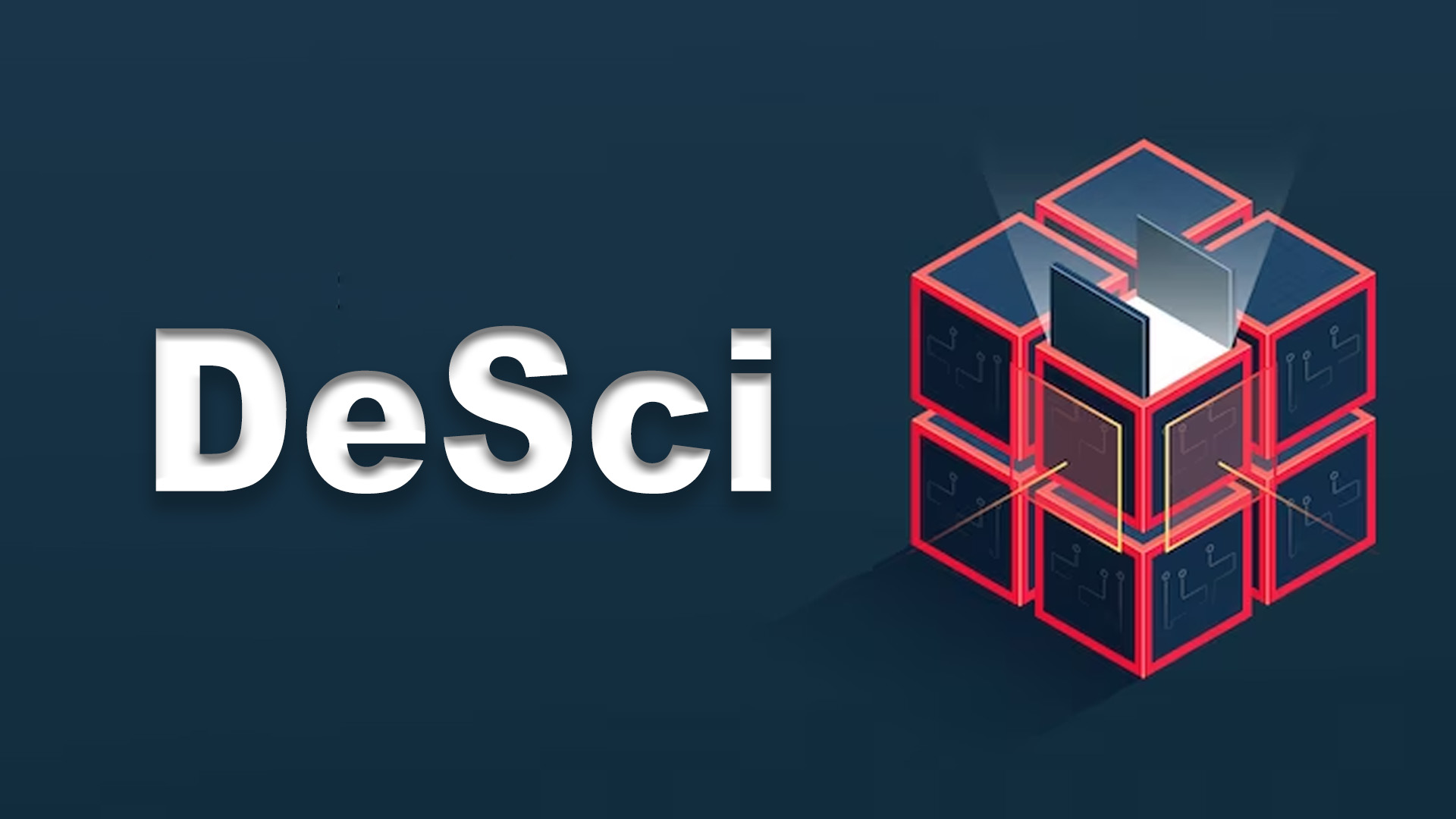
Capabilities of SCINET in DeSci: Integrating Scientific Research with Blockchain
Key Points
- SCINET leverages blockchain’s immutability and transparency to enhance data integrity and traceability in scientific research.
- Smart contracts within SCINET facilitate automated collaboration, data sharing, and royalty distribution among researchers.
- The integration of decentralised identifiers (DIDs) ensures secure and interoperable identity management for scientists.
Introduction
The scientific research known as Decentralised Science (DeSci) in conjunction with blockchain technology has paved the way for groundbreaking advancements within the science community. This movement is led by the Scientific Research Blockchain Network (SCINET)- a revolutionary platform which uses the blockchain technology for scientific research.This article explores the significant capabilities of SCINET in advancing DeSci.
Enhanced Data Integrity and Transparency
SCINET harnesses the immutability and transparency features of blockchain technology to address the challenge of data integrity in scientific research. By recording research data and findings on a blockchain, SCINET ensures that data cannot be altered or tampered with once it is entered into the system. This capability not only enhances the reliability of research outcomes but also instils greater trust among peers and stakeholders.
Additionally, the transparent nature of blockchain allows for traceability of research contributions. Scientists can easily track the origins of data, methodologies, and collaborations, thereby fostering a culture of accountability and reproducibility within the scientific community.
Automated Collaboration and Data Sharing
Smart contracts, programmable self-executing agreements on the blockchain, play a pivotal role within SCINET. These contracts automate various aspects of scientific collaboration, such as data sharing, co-authorship attribution, and intellectual property rights management. Researchers can define the terms of collaboration in smart contracts, ensuring that data sharing is governed by predefined rules and protocols.
Moreover, SCINET’s smart contracts facilitate seamless royalty distribution among researchers. This addresses the challenge of fair compensation for research contributions, ensuring that the efforts of all collaborators are duly recognized and rewarded.
Secure Identity Management
The integration of decentralised identifiers (DIDs) within SCINET addresses the issue of secure identity management for scientists. DIDs provide a self-sovereign and interoperable approach to identity verification. Researchers can maintain ownership of their identity credentials while sharing only the necessary information with authorised parties. This not only enhances privacy but also streamlines the process of collaboration and data exchange.
Conclusion
SCINET’s capabilities within the realm of Decentralised Science are transforming how scientific research is conducted, shared, and rewarded. By leveraging blockchain’s immutability, transparency, and automation, SCINET enhances data integrity, enables seamless collaboration, and empowers researchers with secure identity management. As the scientific community continues to embrace blockchain technology, platforms like SCINET are poised to reshape the future of scientific research, fostering a more transparent, collaborative, and efficient ecosystem.



